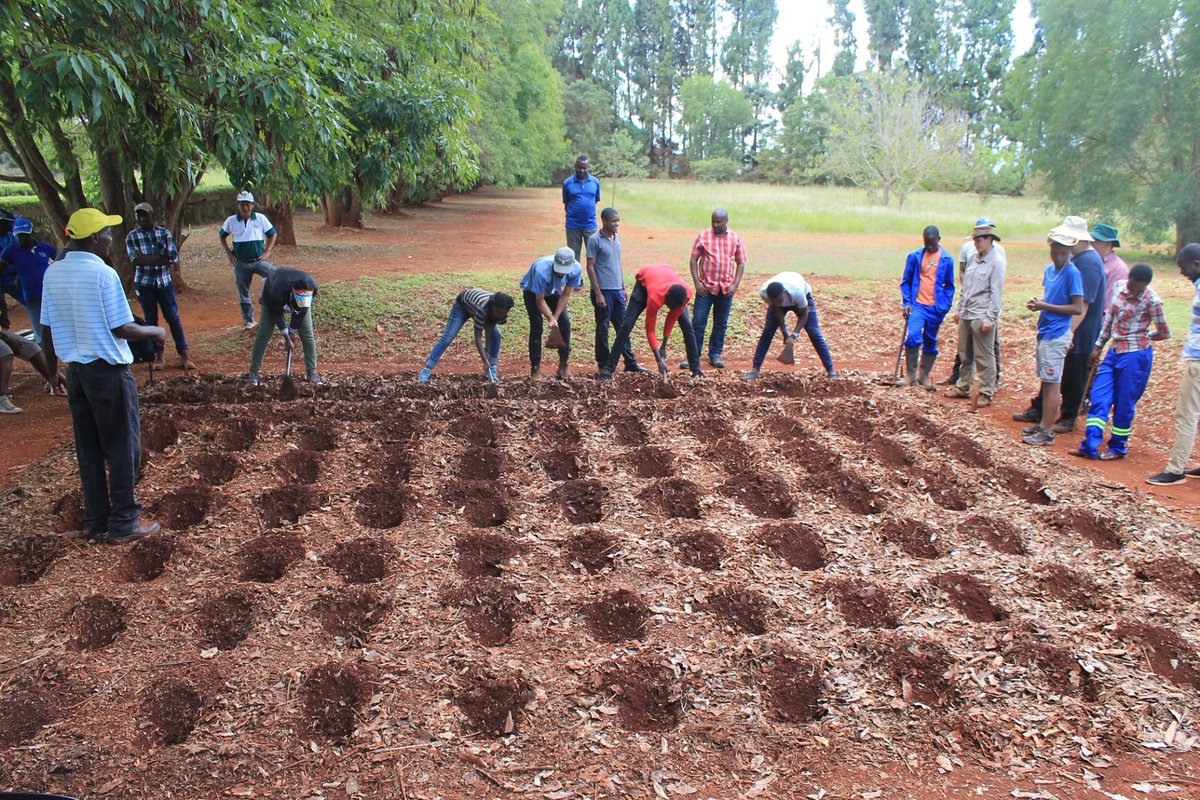Mechanisation needed to boost Pfumvudza
There is need to mechanise the Pfumvudza concept to increase food production and incomes for rural people, according to 2021 Zimbabwe Rural Livelihood Assessment Report.
Pfumvudza concept is a crop production intensification approach under which farmers ensure the efficient use of resources (inputs and labour) on a small area of land in order to optimise its management.
It has been largely credited for good cereals crop production especially maize yields this year.
It has been successful in helping farmers to produce small grains including sorghum and millet and encourages the rotation of legumes such as beans and cowpeas. The Government plans to extend the concept to other crop such as cotton moving on.
The country is expected to harvest 2,7 million tonnes of maize during the 2020/21 summer cropping season, the highest yield in 20 years, according the Second Round Crop and Livestock Assessment report. The report by Zimbabwe Vulnerability Assessment Committee (ZimVAC) said while many rural small scale farmers have embraced the concept, government should now focus on mechanisation.
“The Pfumvudza programme recorded a significant adoption rate of 52 of households practicing it and 56 having been trained within one year of its inception,” said ZimVAC.
ZimVAC is a consortium of Government, development partners, the United Nations, NGOs, technical agencies and the academia.
It was established in 2002 with mandate of promoting a multi-sectorial response to food insecurity and nutrition problems to ensure every Zimbabwean is free from hunger and malnutrition.
“This is an applaud-able achievement. Government is recommended to continue and spruce up the programme by availing a full package on time and move towards full mechanisation of the programme.” It also noted that “a well-coordinated” State assistance programme to smallholder farmers in rural areas, buttressed by the ready availability of inputs on the market and normal to above normal rainfall in most parts of the country resulted in the country’s 2021 maize and small grains production increasing by over 147, 5 compared to last year’s output.
ZimVAC said the Government also should accelerate on investment in the setting up of irrigation schemes to ensure communities have improved access to reliable sources of water for agricultural production.
“Generally there were few communities with irrigation schemes across the country,” said the report. “This means the majority of communities across the country still rely largely on rain fed crop and livestock production.
“An over-reliance on rain fed agriculture presents a challenge as farming communities are susceptible to the risks associated with unfavourable seasonal conditions such as drought, waterlogging and prolonged dry spells.”-herald.clz.w










